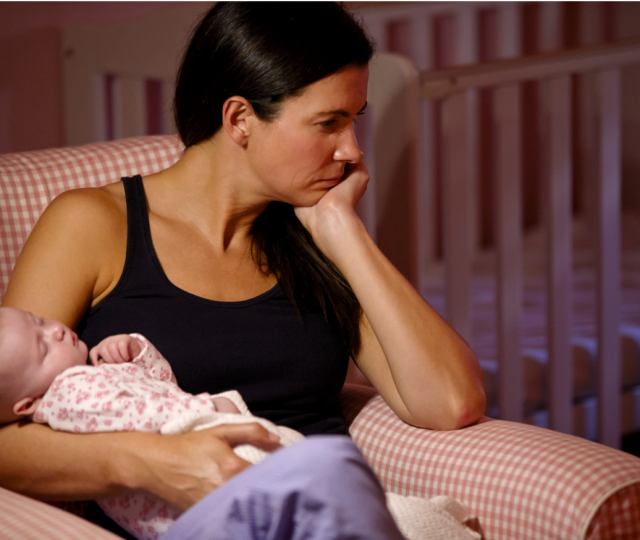Baby blues, depression and anxiety
During pregnancy and after the birth or adoption of your baby, you may feel happy and excited or you may feel sad and anxious. It is normal for new parents to have lots of different feelings and emotions.
It is common to experience the “baby blues” which can include crying for no apparent reason, mood swings (happy one minute and sad the next) and feelings of anxiety. These feelings usually don’t last more than a couple of weeks, but for some mothers these feelings may get worse or not go away. This might be prenatal or postpartum depression.














